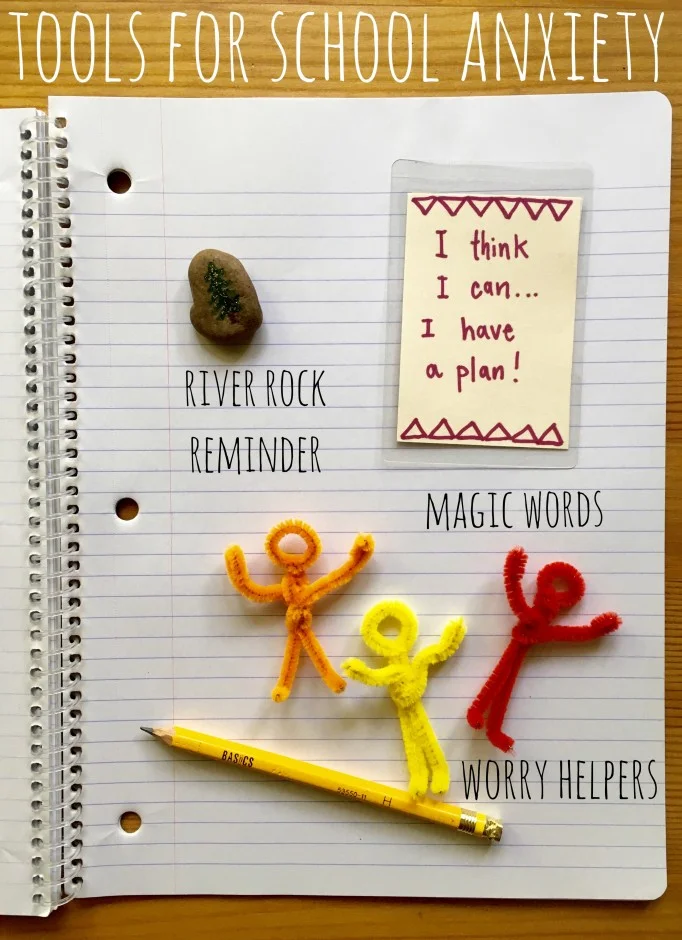5 Simple Steps on Setting Up a Routine
To preface, we want to share that routines could look differently for each family. What works for one family might not work for another!
However, all routines have similar traits which will make them successful:
They must be planned
They must be predictable
They must be regular!
Although this is not a one size fits all, we wanted to provide some tips on how to provide routine for your child. We’ve gathered the most important components of what makes a good routine, but you can always tweak it to your liking.
1. Establish the most important times
- Wake up time
- Breakfast
- Lunch
- Dinner
- Shower/bath time
- Bed time
Try to aim to have everyone eat, sleep and play at the same time. Having expectations that everyone comes together for meals can provide structure and organization for your child and family.
2. Practice patience, repetition, more practice and repeat!
Although it’s okay to be flexible and keep time frames loose, it’s consistency in routines that’ll help make routines stick
For little ones (and grown ups too!), it can take a long time and great effort to adapt to structure
3. Establish special times with your child
Make expectations of spending quality family time whether that’s having a regular board game night once a week or making Saturday night a movie night
During the day: Think of an activity you both can do together to connect during your day. Even if it’s a short time, practicing being present and giving your undivided attention (without devices) can go a long way
During the night: Make time to connect before bedtime, whether that’s 10 mins of snuggling, talking about a highlight of their day or reading
4. Adjust as needed
Take time to revisit your week and see what worked, what didn’t. You can ask your child too on what they appreciated the most or would like to see changed. As we mentioned before, each child and family is different, so tailoring your schedule accordingly is important. Just keep in mind that the essential times (wake up time, meals, bedtime) plays the most important role in your child’s routine
5. Accept that it won’t be easy!
Practice self-compassion by reminding yourself that new routines are hard, especially when confronted with challenging times or transitions. Take moments to breathe, let yourself know that you’re trying your best and that tomorrow will be another day!
The science
For those of you who are interested in the science behind the importance of routines here is some information.
Our nervous system needs and craves predictability. Consistency, knowing what to expect and when, helps us from the time that we are born, to regulate our emotions and to tolerate big feelings. Imagine if someone kept turning the thermostat at home or work up and down all the time, it would not feel very nice to be cold one minute and really hot the next and have no idea whether to keep the sweater on or off. Having routines is like a thermostat for our nervous system.
Wisdom from parents
Establishing routines is really hard and depending on your family situation they can also be really challenging. Parents tell us time and time again that sticking to routines no matter how difficult makes things easier in the long run. Their children are more settled, less displays of big feelings and parents or caregivers feel more in control, and this feeling allows children to feel a deeper sense of security.
How can we help?
Raising a child or a couple of them is no easy task! Some parent(s) / caregivers do not have access to resources and or extended family and friends for support. So you if would like our support in helping you on your parenting journey or feel your child could benefit from therapeutic support, please do not hesitate to contact us about our services. You can reach our lovely Sandra to book a complimentary phone call via admin@artastherapy.ca or call her on 519 307 9000 / 905 783 5939.
References







